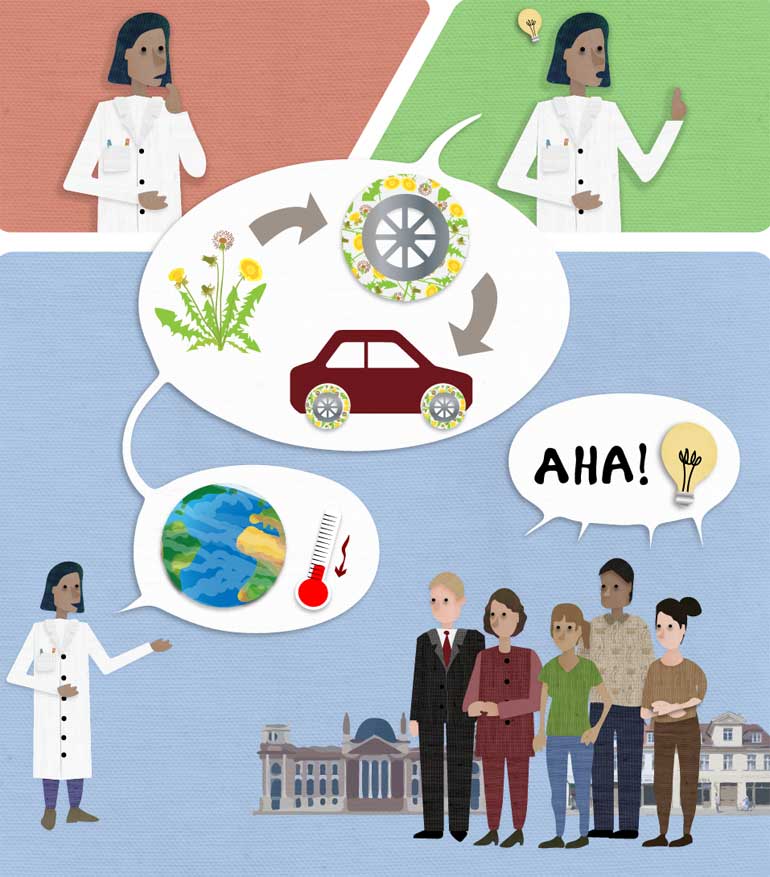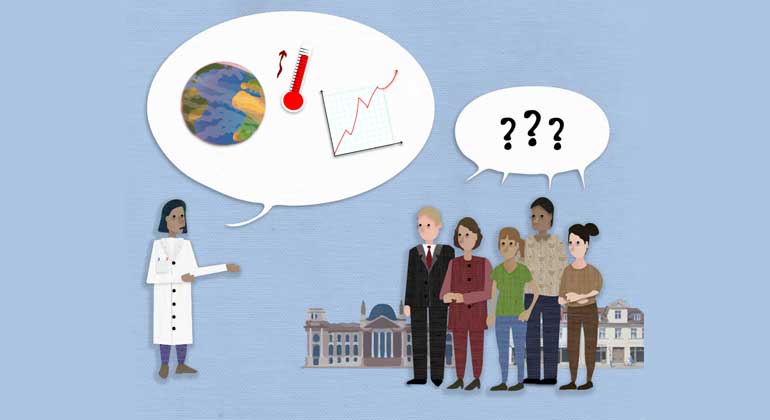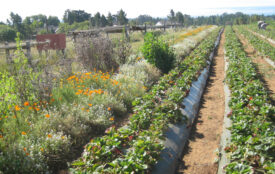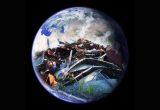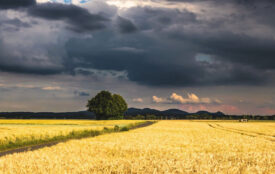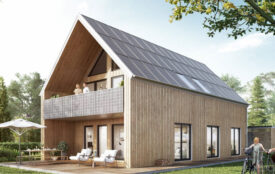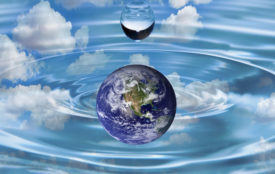The way to a more sustainable world
Kiel research team investigates the political balance between economy and ecology.
Car tires from dandelions, aircraft fuel from algae, or plastic from potatoes: bioeconomy combines natural raw materials with new concepts. Governments, researchers and companies from around the globe are striving for a fundamental transformation of our economy, and they hope for solutions to the central question of the 21st century: in times of climate change, how can more and more people be supplied from ever dwindling resources with the food, energy and materials they need – all at the same time? In a collaborative project between Kiel University (CAU) and the Kiel Institute for the World Economy (IfW), scientists from Kiel want to help search for answers. On the basis of selected industrialised and developing countries, such as Germany and Senegal, political economy processes for the transition to a sustainable economy will be modelled.
Since the beginning of the year, the project “Bioökonomie als gesellschaftlicher Wandel” (Bioeconomy as Societal Change) is being funded by the German Federal Ministry of Education and Research, with around 1.1 million euros available over three years. A balance between ecology and economy requires appropriate political intervention. A key aspect is the formulation of sustainable policies for agricultural, energy and climate protection. But under what circumstances do governmental and non-governmental organizations – as well as voters – act bio-economically? The project participants will analyse, amongst others, the process of how public opinion is formed. “Our society should consume these new sustainable products, therefore we dare not neglect the attitude of the end consumer,” explains project coordinator Professor Christian Henning. For the transition to a bioeconomy brings conflicts: “Every change to a sustainable economic model involves sacrifices.” Efficient policy processes which can achieve viable social compromise are therefore necessary.
The aim of the Kiel-based project is to bring together social demands, possible technical solutions, and their political feasibility. And this is not that easy, if – for example – biased beliefs on how climate change impact on the economy become ingrained in people’s heads. Henning’s team considers it important to examine how policy beliefs, i.e. these “naive” ideas, arise, and how they can be systematically changed. “Our project is innovative, because not only do policy practitioners learn from scientific models, but also vice versa – the models learn from the specialist knowledge of the experts,” says Henning. Since science and politics usually don’t speak the same language, a special human-to-model translation technology is required. This is one of the areas in which computer scientists Professor Bernhard Thalheim and Johannes Hedtrich have specialised. Altogether, the research team consists of experts in international climate and energy policy (Dr Ruth Delzeit, IfW), in developmental economics and poverty research (Professor Manfred Wiebelt, IfW), as well as in European agricultural policy and the economic theory of policy (Professor Henning, CAU), and in computer science (Professor Thalheim, CAU).
Henning, Wiebelt and Delzeit presented the project proposal to the general public today (Wednesday 26 July). Wiebelt emphasised that the transformation towards bioeconomy within the 2030 Agenda for Sustainable Development is targeting both, environmental, economic, and social goals: “Our projects helps identifying possible conflicts, as well as synergies between sustainability goals for the 2030 Agenda, thereby supporting evidence-based political decision making and priority setting.” This is particularly important for low-income countries such as Senegal, where large segments of society are living in extreme poverty and public means for wealth and income redistribution are limited and finance for public goods is scarce. Delzeit added: “Economic growth has almost always coincided with high use of our resources. If we are going to take climate protection seriously, we need methods and solutions from this dilemma which are also socially acceptable – so a slower but more sustainable growth. Politics will only define the appropriate course for this when it is accepted by society.”
But Henning is sure that we should not always follow the “optimal” route for climate, energy, agricultural and development policies. The researchers therefore also want to identify alternative options, which may be more feasible in the given political systems, and in doing so, take the work of interest groups into account. “At the end of the day, it’s about realistic recommendations for more efficient policy,” says Henning.

© uni-kiel.de | Holly McKelvey | Car tires from dandelions are only one example for the use of environmentally sustainable products. Important is that the messages of experts for a sustainable world get into the heads of people in politics, society and organisations.
More information:
www.bio-pop.agrarpol.uni-kiel.de
